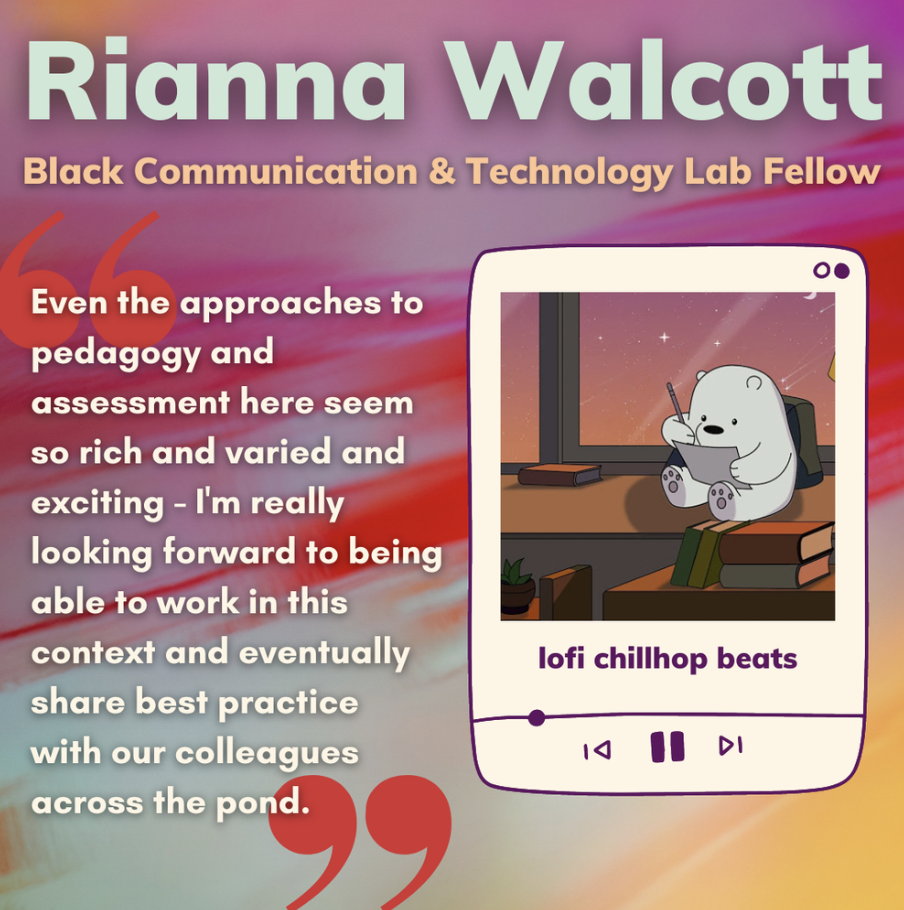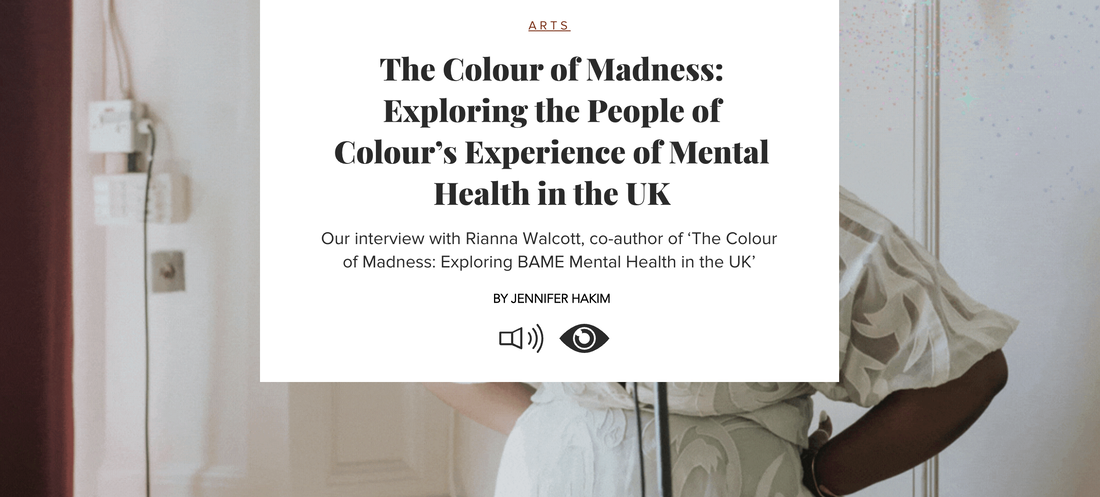In this interview with Dr Rianna Walcott, Postdoctoral Fellow at the University of Maryland and King’s Alumni, we discuss careers in academia. Rianna talks through her own career journey and demystifies the process of pursuing an academic career – something she had to navigate as the first person in her family to do so. She also discusses her experience as one of only a handful of Black academics in the UK higher education system, including the unpaid labour that often falls upon Black members of staff, as well as how this compares to her experience in the US university system.
0 Comments
The Black Podcast is joined by Kelechi Okafor, Sequoia Holmes, and Dr. Rianna Walcott. In this episode, The Black Podcast discussed Black language. We played a word association game to compare Black British vs. African American slang particularly used in California, the DMV, and Baltimore. We looked at similarities and contrasted different ways we use slang in different regions. Then we talk about how each of them got into podcasting as a way to break barriers to Black conversation. Elon Musk’s acquisition of Twitter on October 31, 2022 has left Black Twitter reeling in the wake of over a year of turbulence, with constantly changing affordances rendering the service less and less functional. In response to this upheaval the future of the platform is under question, as Black users debate whether to stay and weather Twitter’s declining functions, or to turn to other platforms that could potentially fill the space left behind following the decline of the social media giant. Rianna Walcott, a postdoctoral associate in the Black Communication and Technology Lab at the University of Maryland shares how we can prioritize long-term self-preservation for people of color and how to stay whole while driving social change. Recorded Feb. 15-17, 2023 at the frank gathering (frankgathering.org) This interview was recorded on 7th October 2022. Click our Audio button to listen to the full interview on Anchor. Join Rianna Walcott and the UCL Writing Lab on Zoom for an event on the praxis of citation. Drawing on her own research, Rianna will discuss how she addresses including lived experience and personal voice in her writing, privileging underrepresented voices through citation praxis, and how to curate a radical bibliography. There will also be an interactive element to this event that invites attendees to reflect on how they can similarly address these issues in their own research practice. Rianna joined us to talk about the re-publication of The Colour of Madness: Mental Health and Race in Technicolour with Samara Linton. Join Rianna for this exclusive post-publication talk about The Colour of Madness – the revised edition of the 2018 publication about race and mental health in the UK. Expect readings of excerpts, a talk about the impact of systems of harm on marginalised people’s health, as well as a lively discussion and Q&A about how we can protect our mental health in academia. |



